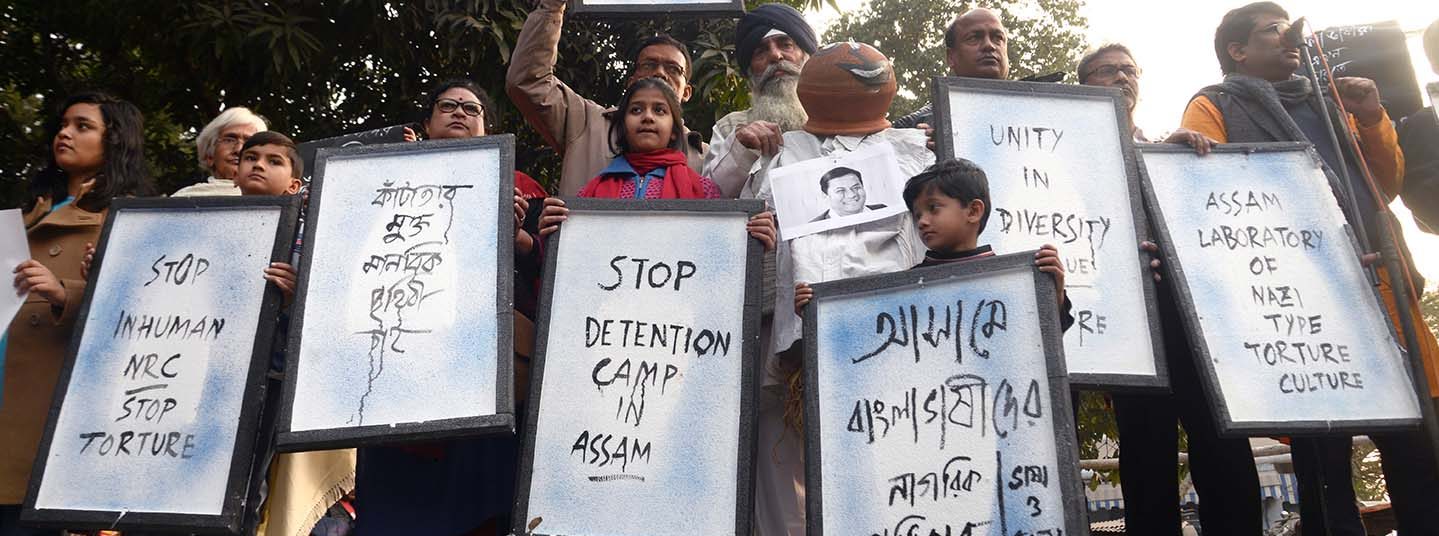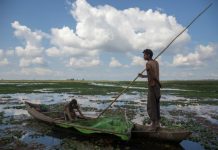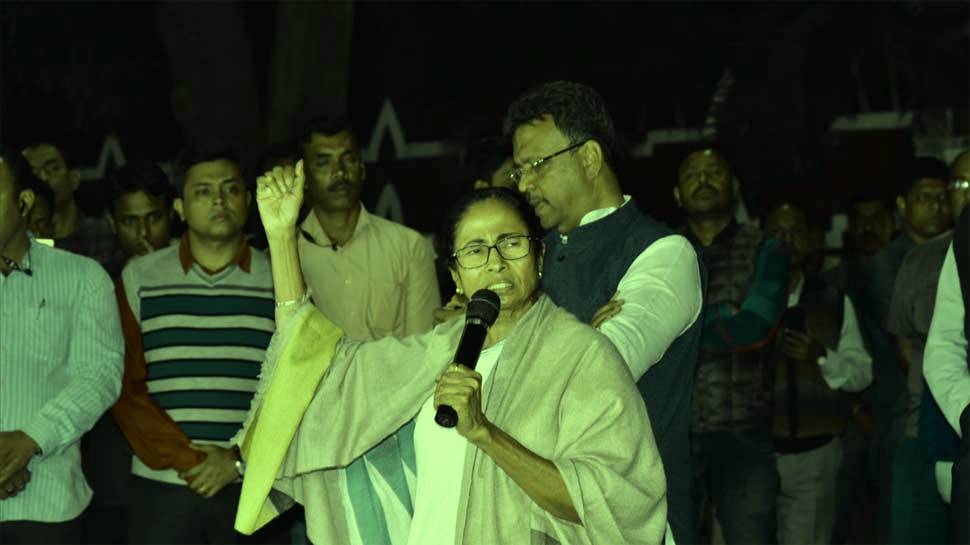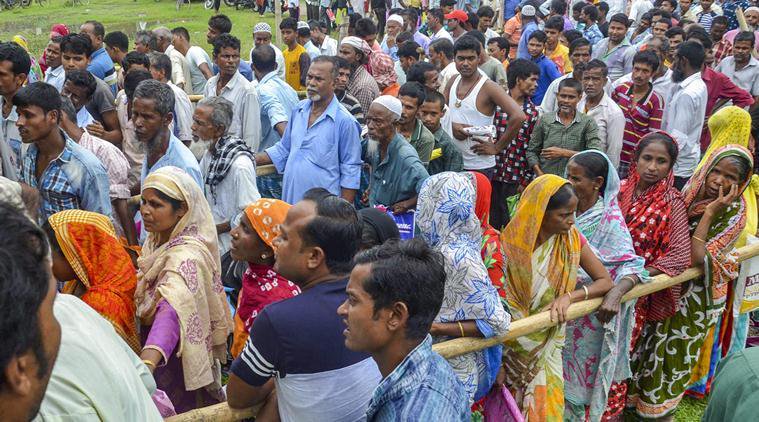
ASSAM | The National Register of Citizens (NRC) final list of Assam was published on Saturday, August 31. According to Prateek Hajela, State coordinator of NRC, a total of 3,11,21,004 persons were found included in final NRC list, while 19,06,657 persons including those who did not submit their claims were left out. The final list was uploaded on the official website of Assam NRC, nrcassam.nic.in. Apart from the official website, information can also be accessed on assam.mygov.in.
A quick peek into its background
The NRC in Assam is basically a list of genuine Indian citizens residing in the state from before 1971. The list, at first, was aimed at identifying genuine citizens of the state on the basis of a 1951 document, the very first NRC list of Assam. The reason behind the move was to identify Indian citizens in Assam amid “unabated” migration from East Pakistan (now Bangladesh). Hence, initially, it included only those whose names appeared in the 1951 document and their descendants. The government, however, later clarified that the list will also include those who have been on India’s electoral rolls up to March 24, 1971, the year which marked fresh influx of migrants and refugees due to riot and war in East Pakistan.
The process to finalize the latest register, however, only began post a Supreme Court order in 2013, when SC took up APW petition, and directed Centre, state to begin the process for updating NRC. NRC State Coordinator’s office was set up and the process came into force in 2015.
Reactions coming from across the world
The MEA’s spokesperson Raveesh Kumar taking cognisance of the various commentaries in sections of the foreign media about certain aspects of the final NRC has termed them “incorrect”. He further stated, “Exclusion from the NRC has no implication on the rights of an individual resident in Assam.”
“For those who are not in the final list will not be detained and will continue to enjoy all the rights as before till they have exhausted all the remedies available under the law. It does not make the excluded person ‘Stateless’. It also does not make him or her a ‘foreigner’, within the legal meaning of the term. They will not be deprived of any rights or entitlements which they have enjoyed before,” he added.
But, What lies ahead?
So what happens to those excluded from final NRC list? How does one prove citizenship?
One of the basic criteria has been that the names of applicant’s family members should either be in the first NRC prepared in 1951 or in the electoral rolls up to March 24, 1971. Adding on to that, applicants also had the option to present documents such as refugee registration certificate, birth certificate, LIC policy, land and tenancy records, citizenship certificate, passport, government issued licence or certificate, bank/post office accounts, permanent residential certificate, government employment certificate, educational certificate and court records.
According to the government, on failure of providing either of the above evidence, will find their names missing. But they will not be termed illegal and given an opportunity to prove their citizenship, first in quasi-judicial courts – known as Foreign Tribunals (FT) – and subsequently in higher courts of the country. Up to 120 days will be given for appeal to the people, the government had already announced earlier. Government also planned to set up 200 more FTs on top of the 100 Fts, currently in function, which comes in function from September 1.
But according to many rights activists, this may not be enough as the courts will be overwhelmed since the appeal period is short. FT courts, earlier, had also come under criticism for ex-parte judgments, a process of declaring people foreigners without trial. This had further contributed to the fear that people who would not find their names on the list will face possible jail term or deportation, while their voting and other civil rights are snatched away.
Adding on to this, government planned to build 10 more detention centres (on top of the existing six where nearly 1000 people are already lodged) to keep those who fail to produce convincing evidence of their identity. Activists continue to argue that people might get held for an indefinite time period as there have been no talks on the issue of deportation between India and Bangladesh.
The NRC process has been in continuous scrutiny since its inception in 2015. It had also come under criticism for allowing third-party objections, which lead to people who figured in the 2018 draft list being asked again to furnish documents. There were complaints of harassment during the document submission and verification process as well. The Center, nevertheless, maintained its position and argued against any criticism. “DO NOT BELIEVE RUMOURS ABOUT NRC,” a spokesperson for the Indian home ministry had tweeted in capital letters, last week.
Nevertheless, with final list out now and millions of names rejected it is still unclear what will happen to those ultimately branded as foreigners. Millions of these, whose citizenship status continue to hang in balance, argue that they were born in India to parents also born in India. However, unclarity over the official set date and mismanagement of documents lead to hundreds of people with voting rights of diverse lineage, including Hindus and Assamese, getting arrested and detained on suspicion of being undocumented migrants.













